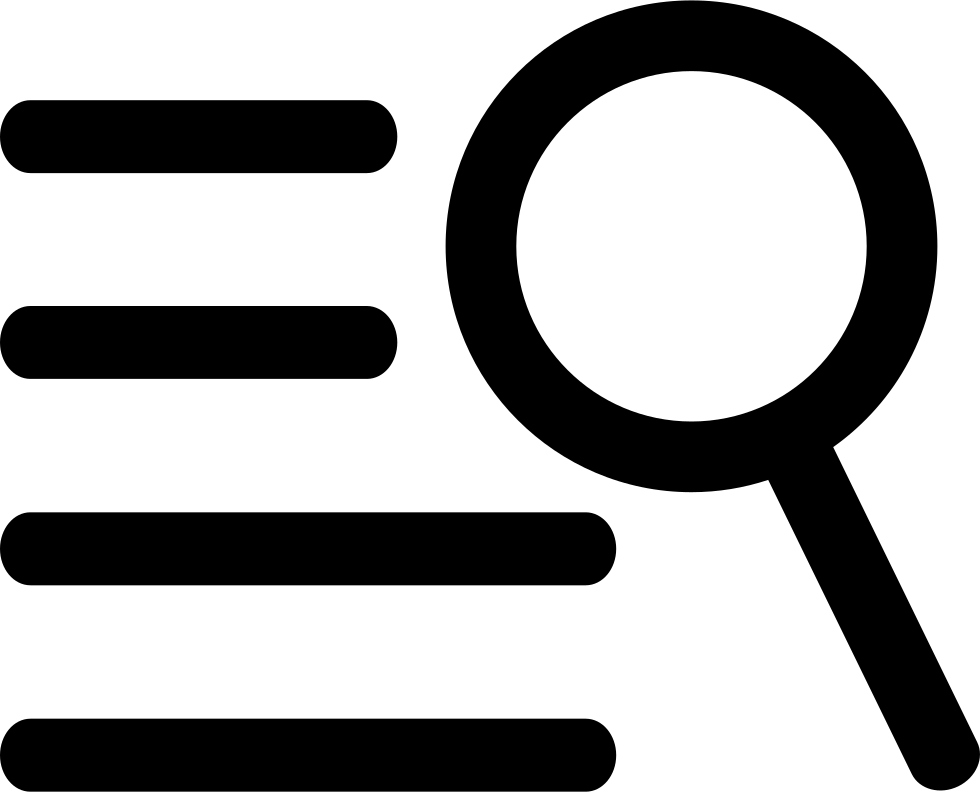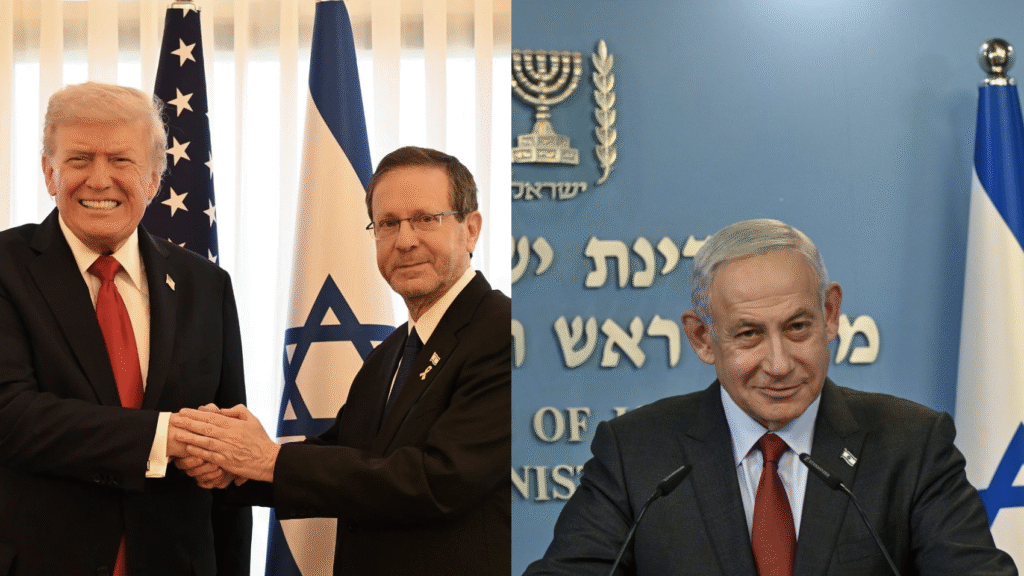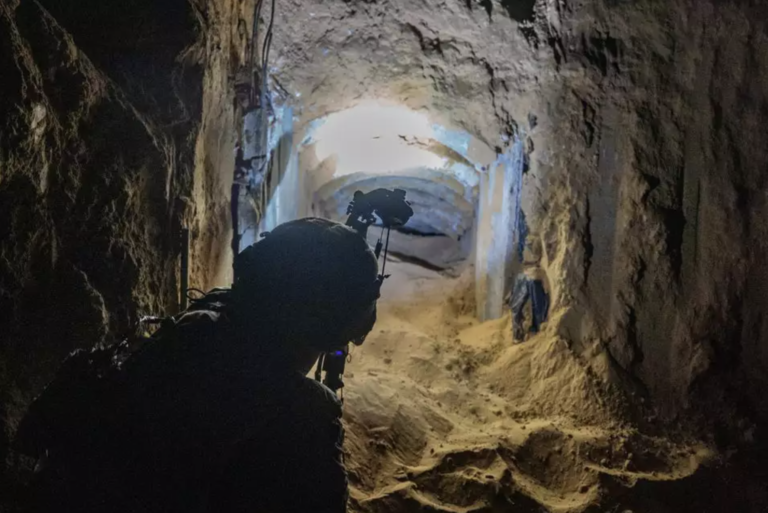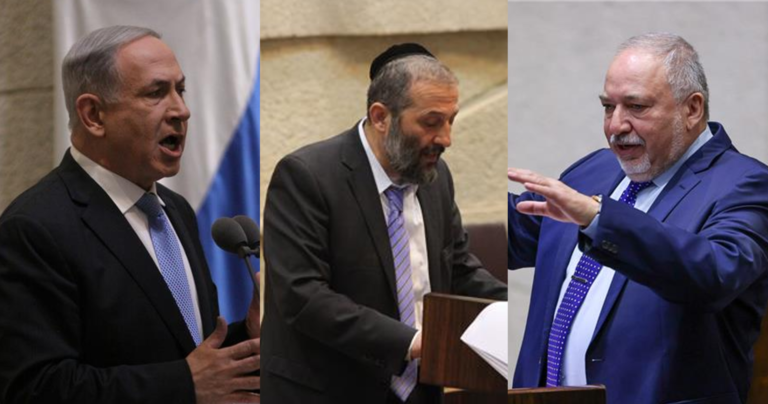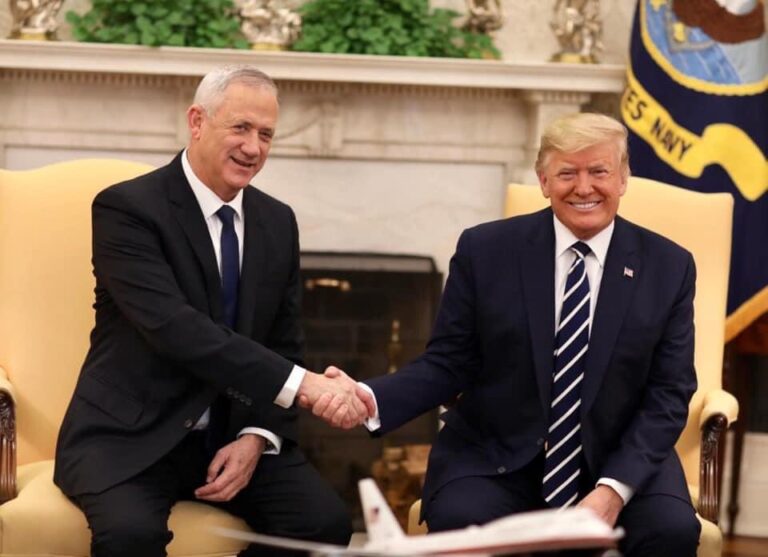Two presidents presented two proposals this week to end Benjamin Netanyahu’s trial. Former Supreme Court President Aharon Barak suggested that Netanyahu should confess, express remorse, retire from political life—and in return, face no punishment. Donald Trump proposed that Netanyahu not confess, not express remorse, and not be punished—all so that he can remain prime minister full-time and without having to ask the court’s permission to make phone calls.
What will Netanyahu choose? Quite the dilemma.
Children born the day the first investigation against Netanyahu was opened will celebrate their tenth birthday next month. Most key witnesses have already testified, including the prime minister himself. The panel of judges has already suggested shelving the bribery charge. Cleaning house, especially in light of what was revealed during the trial, demands that justice be served. Then we will know whether the “house” in question belongs to Netanyahu and his court, or to the judicial system and its extensions.
Both deals are problematic. Barak’s proposal revives an old suspicion: that Netanyahu’s ouster was the goal of the process, not its result. Not to put him in prison, but to get him out of Balfour Street, his residence when the investigations began. Trump’s proposal, too, is disconcerting, carrying a whiff of foreign interference in domestic Israeli affairs. Of course, it would be surprising to discover that it wasn’t coordinated in advance with Jerusalem.
Different though they are, the question—just as in the war against Iran—is which of the two, Netanyahu or Trump, will take the final step. It’s inconceivable that this whole operation from Washington was launched only to end with a polite refusal from Israel’s president.
Will Trump push for sanctions against judges and prosecutors, as he did in Brazil and threatened to do elsewhere when former president Jair Bolsonaro was put on trial? His polite letter to President Herzog emphasizing his respect for judicial independence does not suggest that. Rather, it is more likely to have been laying the groundwork for Netanyahu, for the day a letter will be sent from the Prime Minister’s Office to the President’s Residence requesting a pardon.
Netanyahu could adopt the approach once used by Shin Bet leadership during the 1984 Bus 300 affair, in which Israeli security forces killed two Palestinian hijackers after they were already arrested, only for the killing to be covered up by the Shin Bet: they admitted the facts, but not guilt. Then-Shin Bet chief Avraham Shalom even inserted a blatant lie in his letter, claiming Prime Minister Yitzhak Shamir had ordered him to kill the terrorists.
In our case, most of the facts are not disputed—only the interpretation is. Netanyahu doesn’t deny contacting senior editors at the Walla news outlet; he just claims everyone does that. He doesn’t deny receiving cigars as gifts; he merely argues that such gestures are allowed between friends.
So what will President Herzog do? And what will the Supreme Court judges do? My impression is that there is a strong desire to end the nightmare of Netanyahu’s trial, but also a great fear of how opposition protesters would respond to any move that might reignite—yes, it’s odd to write this—Netanyahu’s political career, this time without the legal baggage.
In plain Hebrew: it’s a question of to what extent Herzog will follow in his father’s footsteps in using the presidential pardon on Israeli leaders—and to what extent the Supreme Court justices will not follow in Barak’s.
The above is an excerpt from my Shabbat column in Israel Hayom. Read it on Israel Hayom’s website here.



